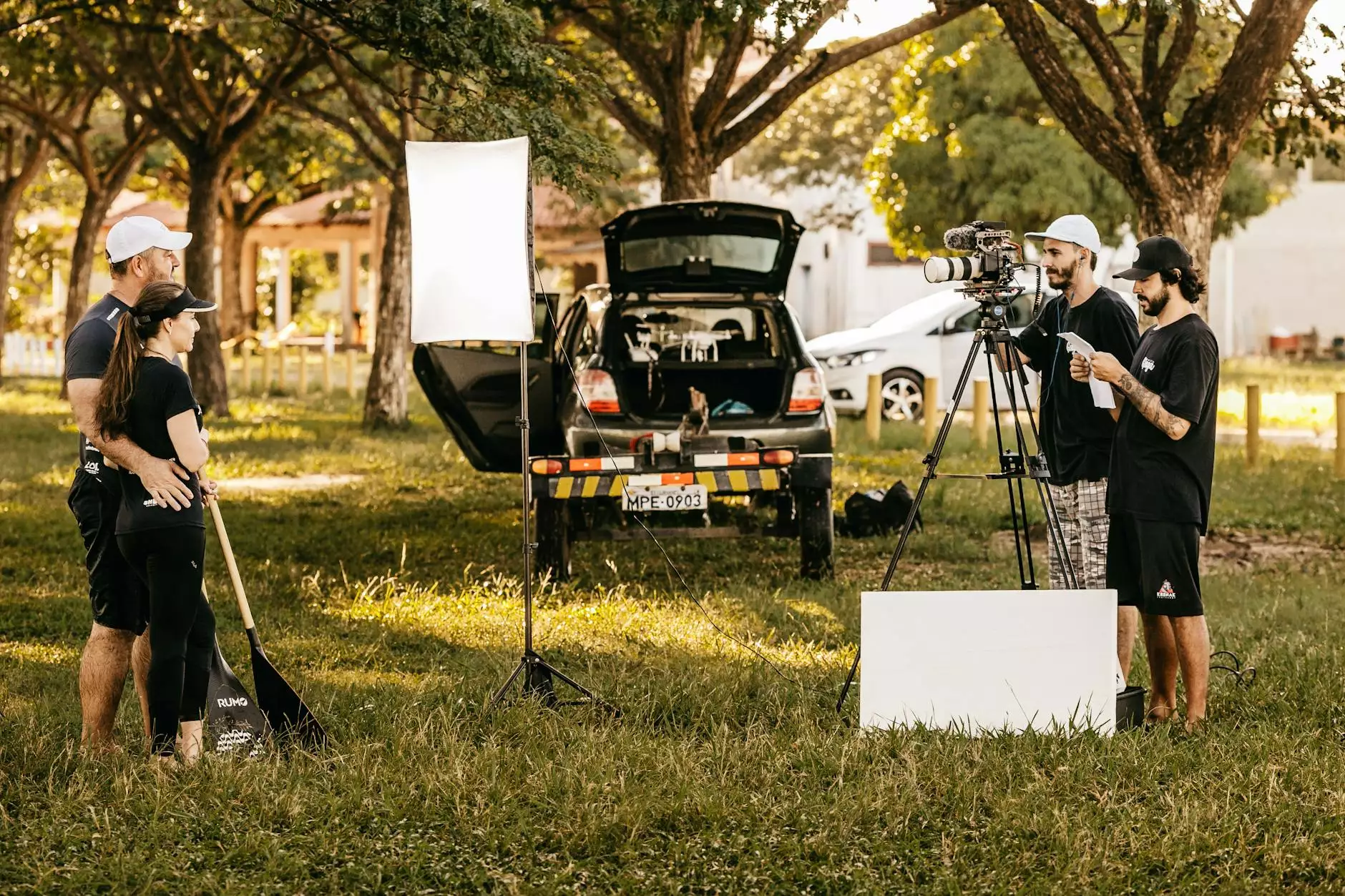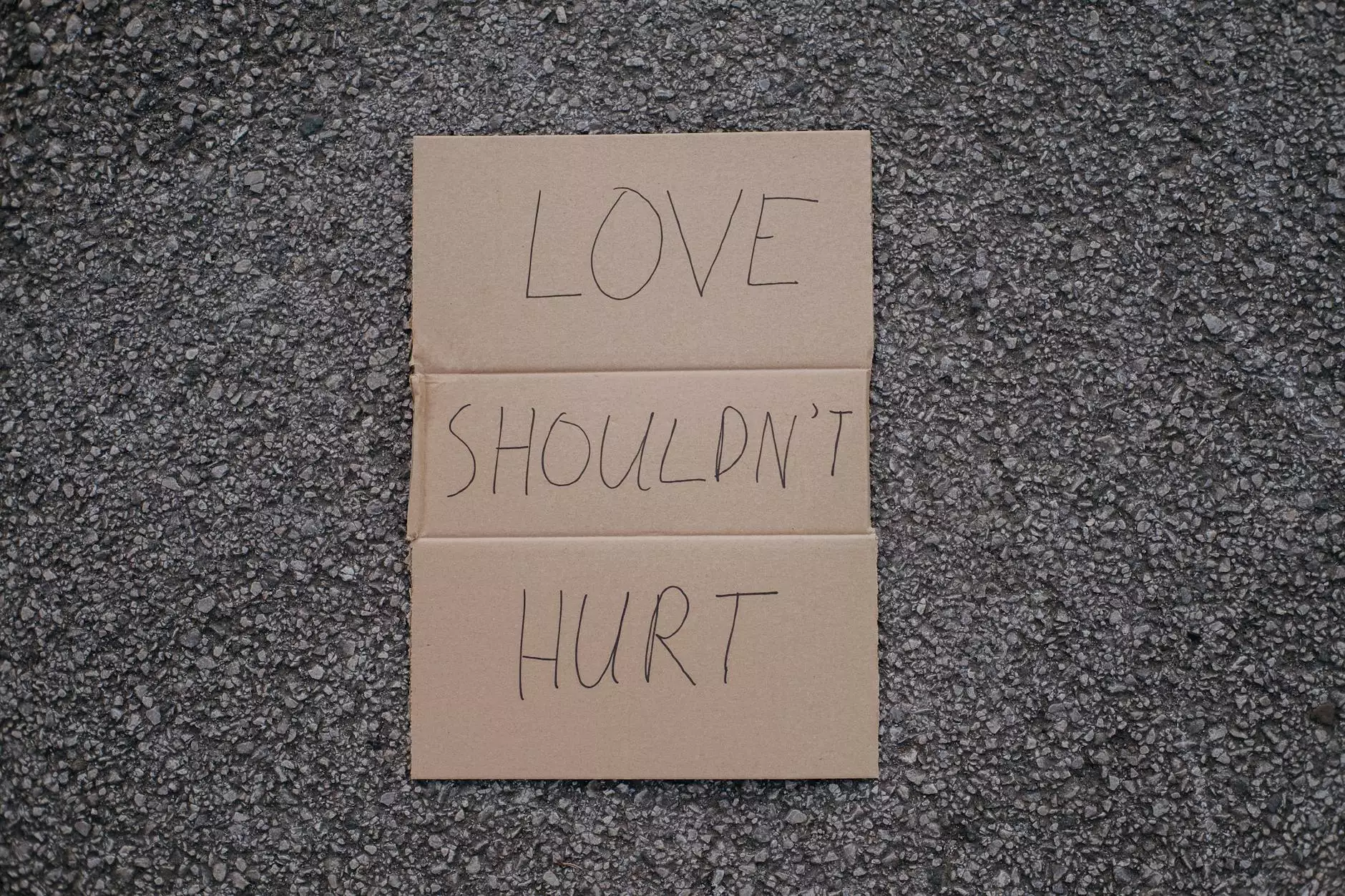What Happens to Your Body in a Rollover Accident?
Personal Injury
When it comes to car accidents, rollovers can be particularly devastating. They are known to cause severe injuries and even fatalities due to the nature of the accident. Understanding what happens to your body in a rollover accident is not only important for assessing the risks involved but also for seeking appropriate legal assistance. John Hugh Shannon, a reputable name in the field of law and government, provides valuable expertise regarding rollover accidents and their consequences.
Types of Injuries in Rollover Accidents
Rollover accidents can lead to a wide range of injuries, varying in severity. Some of the common injuries associated with rollovers include:
- Head and brain injuries: As the car rolls over, the occupants' heads can hit the roof or other hard surfaces, resulting in traumatic brain injuries.
- Spinal cord injuries: The violent motion of a rollover can cause spinal cord damage, leading to partial or complete paralysis.
- Neck and back injuries: Whiplash, herniated discs, and fractured vertebrae can occur due to the forceful jolts and impacts during a rollover accident.
- Broken bones: Rollover accidents can cause fractures in the extremities, ribs, pelvis, and other areas of the body.
- Internal injuries: The force of a rollover can cause internal trauma to organs such as the lungs, liver, spleen, or heart.
The Physics of a Rollover Accident
Understanding the physics behind a rollover accident can help comprehend the forces exerted on the body. Rollovers generally occur when a vehicle loses its balance and tips over onto its side or roof. This abrupt change in motion can subject the occupants to significant forces:
1. Centripetal force: The vehicle's inertia tends to keep it moving in a straight line. However, during a turn or sudden maneuver, the centripetal force pulls the car toward the center of the turn, which can potentially cause a rollover.
2. Angular momentum: When a car starts rolling over, its angular momentum increases. The occupants experience the same increase in angular momentum, leading to their bodies being thrown around inside the vehicle.
3. Impact forces: As the vehicle collides with other objects or the ground, the impact forces can cause severe injuries. The sudden deceleration can result in the body hitting various surfaces within the car.
The Importance of Seeking Legal Assistance
Following a rollover accident, it is crucial to seek legal assistance, especially if you have sustained injuries. John Hugh Shannon specializes in providing legal support and guidance in cases related to rollover accidents. They understand the complexities involved and can help you navigate the legal process effectively.
By partnering with John Hugh Shannon, you can benefit from their extensive experience in the field of law and government. They will work diligently to ensure that you receive the compensation you deserve for the physical, emotional, and financial hardships caused by a rollover accident.
Conclusion
Knowing what happens to your body in a rollover accident can shed light on the potential consequences and guide you towards taking appropriate action. Rollover accidents can result in serious injuries, ranging from head trauma to spinal cord damage. Seeking trustworthy legal assistance, such as that offered by John Hugh Shannon, is essential for securing your rights and obtaining fair compensation.










